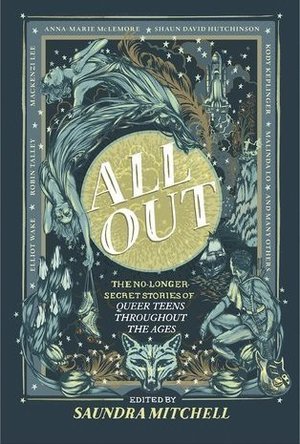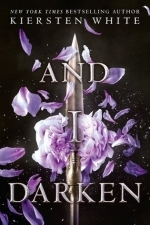There was a decent amount of cultural diversity while remaining mostly centered in the US; Chinatown in 1950s San Francisco, 1870s Mexico, Colonial New England, 1930s Hispanic New Mexico, Robin Hood-era Britain.
The stories were really good, I just wish they'd included a bisexual story and a transwoman. They did have an asexual girl, which is a sexuality often overlooked, so that was nice.
It's a great collection of stories, just limited in scope. They could have cut a few F/F stories and added in bisexual, nonbinary, and transwomen, and lived up to the open umbrella of the "queer" label a bit more. I really enjoyed it, I think I'm just a little disappointed because I was expecting more of the spectrum.
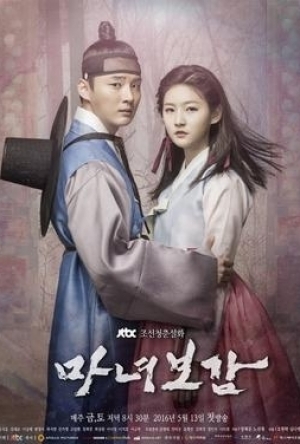
Secret Healer
TV Show
Queen Sim, after learning she is sterile and desperate to appease her mother-in-law asks the shaman,...
korean asian drama historical romance secret healer

Harry Potter: A History of Magic
Book
Harry Potter: A History of Magic is the official book of the exhibition, a once-in-a-lifetime...
Fantasy technical
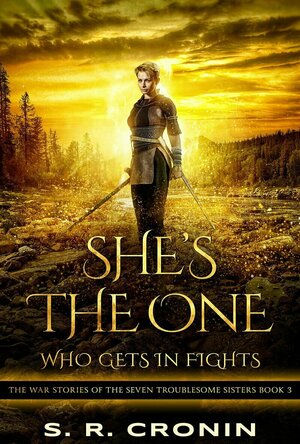
She's the One Who Gets in Fights (War Stories of the Seven Troublesome Sisters #3)
Book
It’s the 1200’s, and the small realm of Ilari has had peace and prosperity for generations. That...
Historical Fantasy
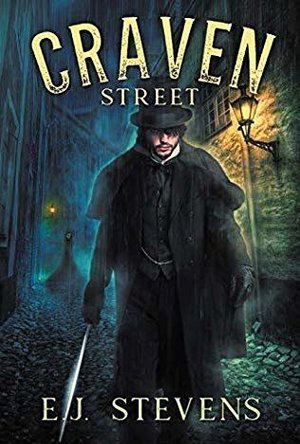
Craven Street (Whitechapel Paranormal Society #1)
Book
In this spellbinding novella, E.J. Stevens weaves a tale of murder, necromancy, and demonic...
Paranormal Mystery Historical
Lyndsey Gollogly (2893 KP) rated Wages of Sin ( Cin Craven book 1) in Books
Mar 13, 2022
Book
Wages of Sin (Cin Craven Book 1)
Jenna MacLaine
⭐️⭐️⭐️⭐️⭐️
Dulcinea Macgregor Craven is the only child of a wealthy English viscount. She is also a natural witch, one of a long line of Macgregor witches on her mother's side. When her parents are killed in a carriage accident, Dulcie doesn't think her life can get much worse. Then an old childhood friend returns to the country a little bit differently than he left and vows that nothing will stop him from possessing her and her magic.
In a desperate attempt to save her life, Dulcie summons a trio of vampires called The Righteous to her aid. With the help of The Righteous and four human friends, Dulcie attempts to thwart her enemy's plans to capture her and use her magic for his own evil purposes.
Even as she falls in love for the first time, Dulcie realizes that she may have to make the ultimate sacrifice in order to save the world.
I absolutely loved this book historical fiction meets urban fantasy just couldn’t put it down. Dulci is brilliant and I love the Righteous especially Justine. Not what I was expecting at all. As Dulcie becomes CIN she develops more and into a much stronger character and female lead! I’m hoping to learn more on the werewolf “woof” in the next book.
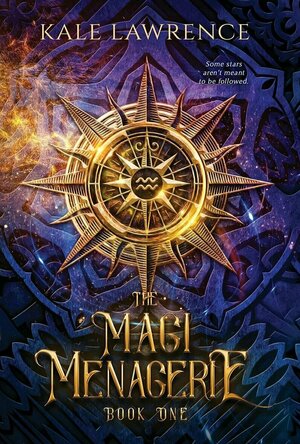
The Magi Menagerie (The Magi Menagerie #1)
Book
Some stars aren't meant to be followed... For seventeen years, Ezra Newport and his parents were...
Young Adult New Adult Fantasy Historical
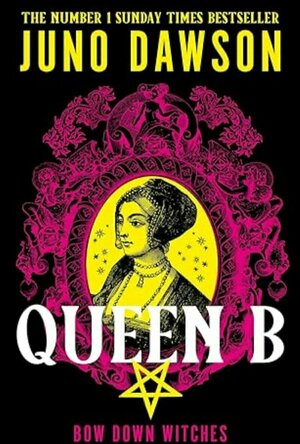
Queen B
Book
The next enchanting instalment of the sensational #1 SUNDAY TIMES bestselling HER MAJESTY’S ROYAL...
Historical fiction
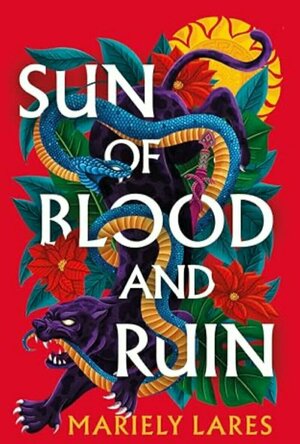
Sun of Blood and Ruin
Book
Mexican history and Mesoamerican mythology meet in this thrilling historical fantasy with magic,...
Jamie (131 KP) rated And I Darken (The Conqueror's Saga #1) in Books
Jul 15, 2017
Lada is fierce even from a young age, a vicious child that is often described as being ugly. She is abrasive and domineering with an intense hunger to claim and rule over what she views as hers. She is frustrated by the limitations placed on her for being a woman, craving power and freedom given to her brother for the simple fact that he is a man. Lada wrestles with her femininity, at some times rejecting it entirely and at other times trying to accept herself and her needs as a woman. She idolizes her father and later the janissaries, wanting desperately to be recognized and accepted. Lada seeks to return home to her mother Wallachia, her birthright.
In stark contrast to Lada, he is sensitive and beautiful. As a child he cried easily and like his sister he also desperately sought affection and acceptance from others. Beginning with their father, their nursemaid, Lada, and eventually Mehmed. While Lada seeks power through brute strength Radu finds a means to his ends through manipulation, using his attractiveness to gain the respect and trust of the people around him. Radu finds his home in Islam and the empire under the watchful eye of the father, the Sultan.
The parallels between Lada and Radu are a subversion of the classical gendered stereotypes placed on men and women. The bonds between Lada, Radu, and Mehmed were incredibly complex and toxic for all involved. The book doesn’t shy away at all from the hideous aspects of love and jealousy and gives an honest and intimate portrayal of the characters as they stumble into adulthood.
This book is loosely based on three very real historical figures: Vlad the Impaler, Radu the Fair, and Mehmed II. Despite this, the book is in no way to be considered to be historically factual, as noted by the author. Lada’s gender change aside there is definitely many pieces of history that are changed deliberately to make room not only for a new romance but also for a more neutral portrayal of the character. This is definitely a medieval fantasy and alternate history book which I’m quite frankly fine with and was able to enjoy just the same. The setting and characters were fairly convincing for the time period and appreciated the research and detail that was put into the book to make it at least believable.
I expected a little more war and battle in this book but there was actually next to none. There was much more focus on the political aspects of the story which I think was alright considering the ages of the main characters. I do expect to see more combat in the next book though, so maybe Lada will actually be the brutal warrior princess she was destined to be.
Despite my mild complaints about the historical aspects of this book I thoroughly enjoyed myself reading it. I was initially intimidated by the page count for this book but found myself flying through the pages. And I Darken is masterfully written and really polished compared to a lot of YA literature. Definitely one of my favorites and I am absolutely ecstatic to continue the series.
